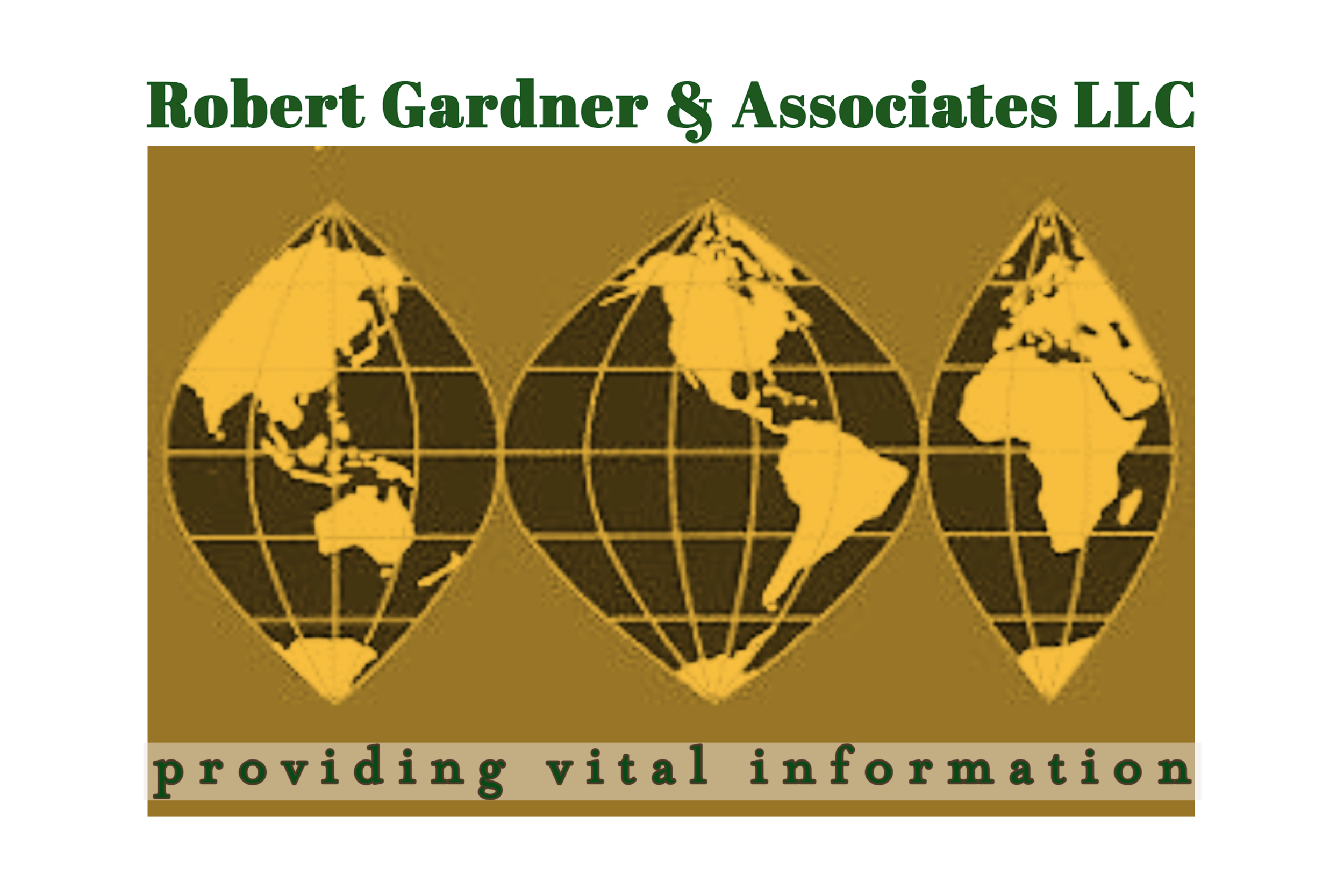It's Not What You Have
Most Important Lesson
Pay attention to your questions not your sources
With one blog post under my belt, I'm gonna give away, on post number two, the most important lesson I've learned in nearly 30 years of research.
I am long time collector of books. I work surrounded by everything from Poker Winner's are Different to Syndicate City. I long for opportunities to crack a case with something in one of my books. Needless to say, it does not happen often. But there is much to learn. Or not. I have many books on investigative techniques, and invariably, they tell it backwards.
Take the above Financial Investigative Techniques, which was the actual handbook given, at one time, to IRS Criminal investigators. The book is broken into a series of lessons, and Lesson 2 is "Sources of Financial Information." For many, many pages, the lesson lists (and lists) all the things a CID agent could get, from hunting and fishing licenses to the American Racing Manual (Triangle Publications!). What's scant, why would I want to get any of the many sources listed. Like, what do I do with my copies of American Racing Manual. Sure, many seem obvious, criminal records to check on on criminal records, but why do I need to know criminal records---hint: like to understand past modus operandi, to find criminal associates, to use to impeach in a trial etc.. The guide never tells you that. All those things, the what you can get from the criminal records is left for you to figure out on your own. That's what leads to faulty thinking. You cannot just work from a list of sources. You have to know what you are looking for.
Too often, you see investigators approach their craft by looking at whatever data source is handy. If it's in the bat computer, great. I teach otherwise. Start first with your fundamental question. What problem are you trying to solve with your research. What risk or unforeseen even must be managed? Then, ask, what records or data sources would address that question. Then, ask how can I find that. Take a recent assignment.
A company was unhappy with a series of contracts signed by one of its employees. They suspected some type of kickback or hidden relationship led to these deals that were not in the company's interest. True? My firm was asked to help determine if there was any evidence of unknown connections between the employee and the vendor. Now, I could have just started searching, going down my source list. I may have got there. Instead, I said, what types of specific records could show ties between them. The first was business records, so I went to various Secretary of State filings. Nothing. My next idea, property records. I started digging.
The key is that to answer the fundamental question, evidence of unknown ties, I could not just search real estate records; knowing there was a deed or a real property assessment record did not do much. I had to look at the documents, especially at mortgage filings where the answer lay beyond the cover page. I had to find that bit in the records that said it, where it was, on the page, in black and white. By going beyond the first page, by looking at the full documents, I found what I needed. I found documents that showed loans made by the vendor to the employee. Exactly the type of evidence they wanted. I found the evidence because I stayed focused on the problem not the source. I knew what I was looking for first, and then I knew that this type of record could show it.
Maybe none of this so far seems revelatory. Here's the big lesson. The most important thing for a researcher to know is to know what they do not know. What if all you did each assignment was run the name through Nexis. You found no articles, you conclude the person has no media profile. What about the newspapers, blogs, magazines, etc., not on Nexis--yes a few still are not there. Do you know what you are missing? When you start with the problem, you can then determine the best source, regardless of whether it is on Nexis. And maybe you won't be able to access. Maybe the best source is a consumer credit report and you do not have permissible purpose to obtain a credit report. By knowing what you do not know, what you cannot look at, you can better address your strategies. If you do not know what you do not know, you cannot plan accordingly.
Knowing all the things you can check is handy. If you did not know the American Racing Manual existed, how would you know you can lookup amounts paid to the owners of winning horses. In most cases, however, it makes no difference whether you know this. The lesson to learn is when you do need to know this.

